Top 5 Favorite Books I read in 2017
12/28/20175 min read
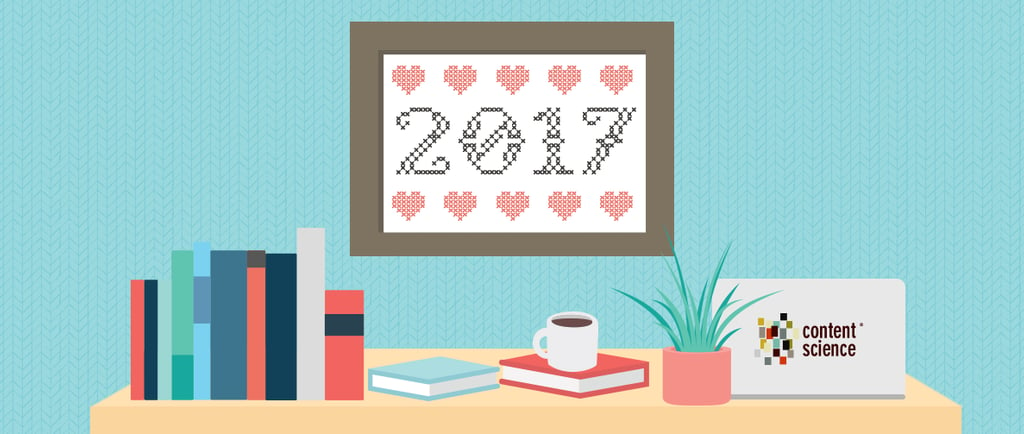

At the beginning of this year, I promised myself to do A LOT of reading. Although I’m very picky what kind of books I read, I really enjoyed ones recommended by friends and family this year. I’m not a fan of fictional novels, probably because I haven’t read a good one yet. I also enjoy switching between 2 or 3 books to keep it more interesting. Having said that, there are some great books I read this year that enlightened my perspective on a lot of things that I want to share. Let’s get to it!
1. The Last Lecture, by Randy Pausch.
S/O to Elizabeth for giving me this book. This was one of the easiest, yet touching books I read this year. It was written by the late Randy Pausch, a computer science professor at Carnegie-Mellon University who had been diagnosed with terminal pancreatic cancer and had to give his last lecture.
Randy talked a lot about pursuing your childhood dreams.He made me reflect a lot on things I enjoyed doing as a child and how to integrate childhood dreams into many aspirations I pursue. His approach to living the rest of his numbered days with a terminal disease and being so positive about the process was mind-blowing. In the light of pursuing different goals, Randy’s book is a huge reminder that in the light of busy life schedules, we need to live one day at a time and make everyday count, not just for ourselves, but the people around us.
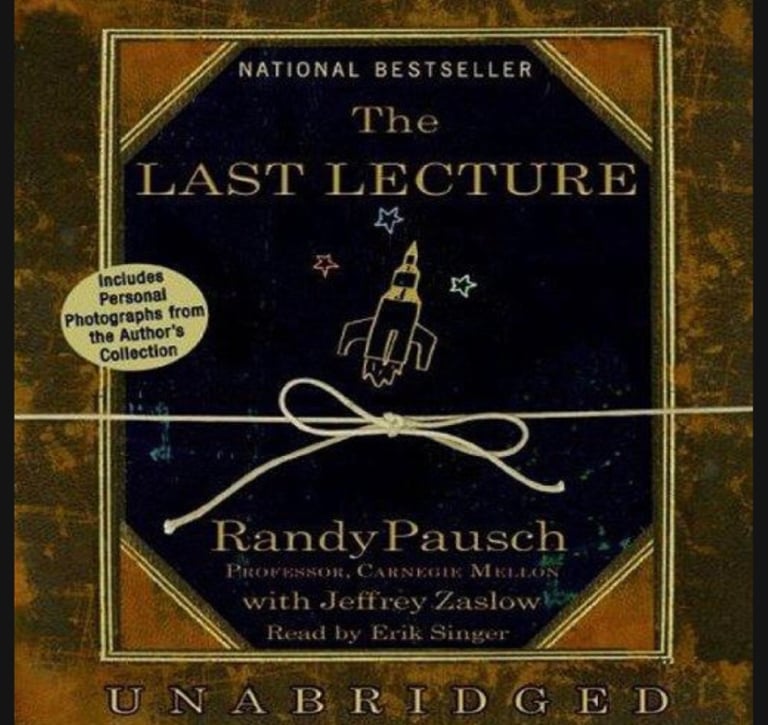

2. When Breath Becomes Air, by Paul Kalanithi
This was a very emotional book to read. But I think reading the last lecture prepped me for Paul’s unfortunate circumstance. Paul was a neurosurgeon at Stanford who was diagnosed with terminal lung cancer in his early thirties. For anyone who knows how long it takes to become a neurosurgeon, being diagnosed with a terminal disease months AFTER the longest medical training is the worst tragedy one can face. But Paul took a different approach to processing his illness and sought answers to further understand death. “Even if I’m dying, until I actually die, I’m still living”. I tried to think about all the unsettling questions intersecting life, death, purpose and meaning a lot of people, mostly patients, have to deal with. How do critical life events change our perspective on the core values of religion, faith, and our wellbeing? What do you do when the future you always dreamed of, as soon as it becomes real, flattens out in front of your eyes? I admire Paul’s braveness to write this book and sharing many deep insights on things we wanna talk about, but never do out of fear. My favorite quote though, was “You can’t ever reach perfection, but you can believe in an asymptote toward which you’re ceaselessly striving” . That, to me, is both calming and motivating.
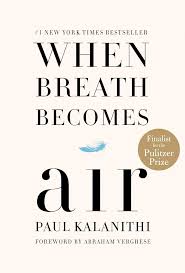



3. What the best college students do, by Ken Bain
My honors college advisor gave me this book to read for the summer and I absolutely enjoyed it. Ken Bain is a historian and a world-renowned expert in student learning. I started reading this book at a point where I was finding school boring. There were some required classes that I found somewhat irrelevant or not intriguing enough to keep me interested. I wanted to learn, challenge myself and apply what I learn beyond the classroom; not just memorize, get a letter grade and forget after an exam. And this book was all about finding ways to do that. Ken interviews many successful people about their college learning experience and what strategies prepared them to become great problem solvers beyond college. I love how this book highlights the importance of metacognition (to think about your thinking while you think), intrinsic motivation, deep-learning, making connections between different concepts in classes we take, and paying more attention to the things that fascinate us the most. Definitely a must read!
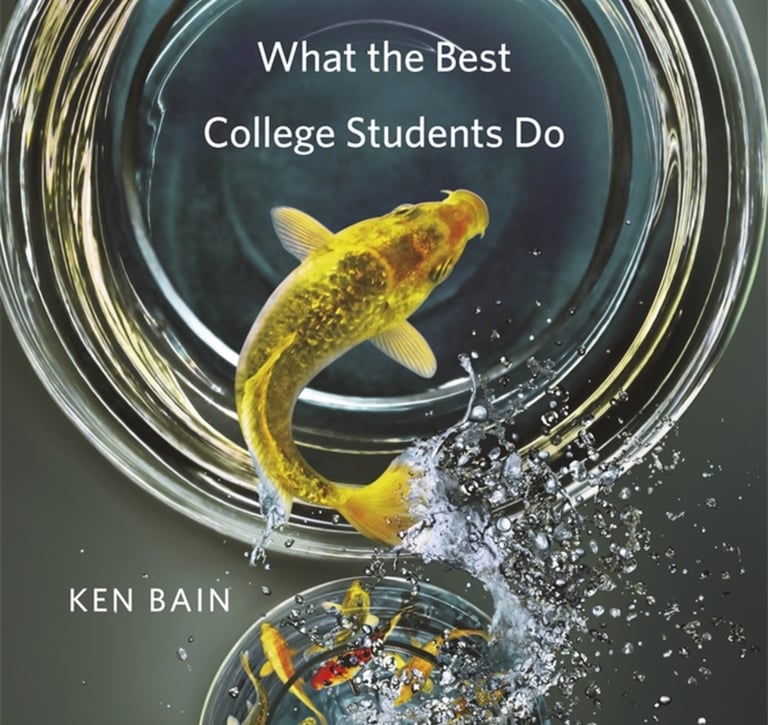

4. Immortal Life of Henrietta Lacks, by Rebecca Skloot
If you’ve taken an ethics or genetics class, you’ve probably come across on this book. Rebecca Skloot narrates the untold story of Henrietta Lacks; an African-American woman whose cancer cells were harvested in 1950s to create the first immortal cell lines for scientific experimentation called HeLa cells. The discovery of HeLa cell was cannot be undermined although it did raise a lot of questions upon which the principles of biomedical ethics have been built on. The book also points out some racial disparities in healthcare at that time, and some of the terrible unethical practices of scientific experiments that, luckily, are better today than they were before. There’s a movie on the book too that’s pretty good.
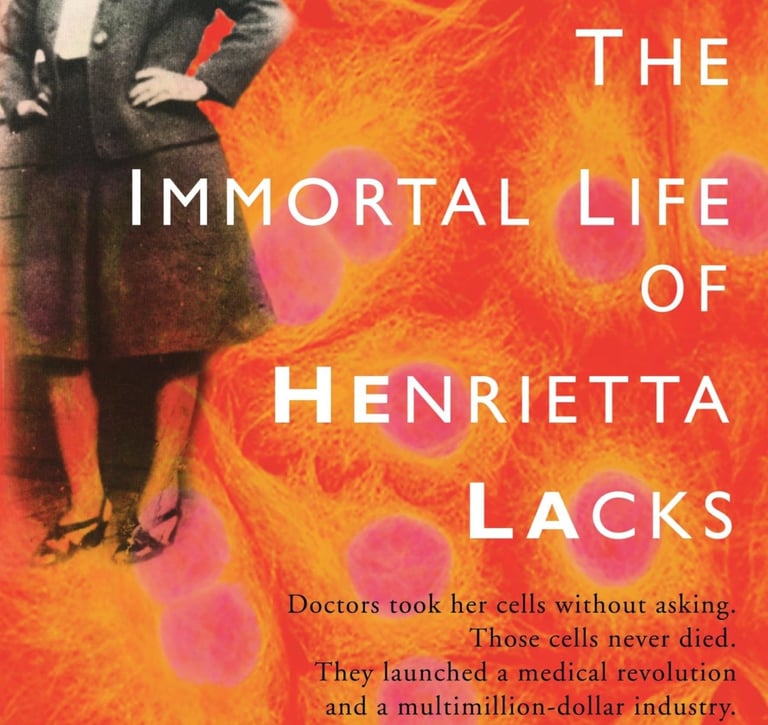

5. The Hot Zone, by Richard Preston
I got this book as a Christmas present from my parents and I enjoyed it! The hot zone talks about true events that led to the outbreak of the Ebola virus in Virginia in the 1980s. The book also goes way back to highlight some of the worst viral outbreaks in the 70s and 80s. Its dense on killer viruses like the Marburg, filovirus, AIDS, and Ebola and the atrocities they’ve caused to the human race. Its a very informative book that sheds light on possible origins of these lethal viruses and the author does a great job of narrating these real-life stories in a thrilling, though quite terrifying, way.
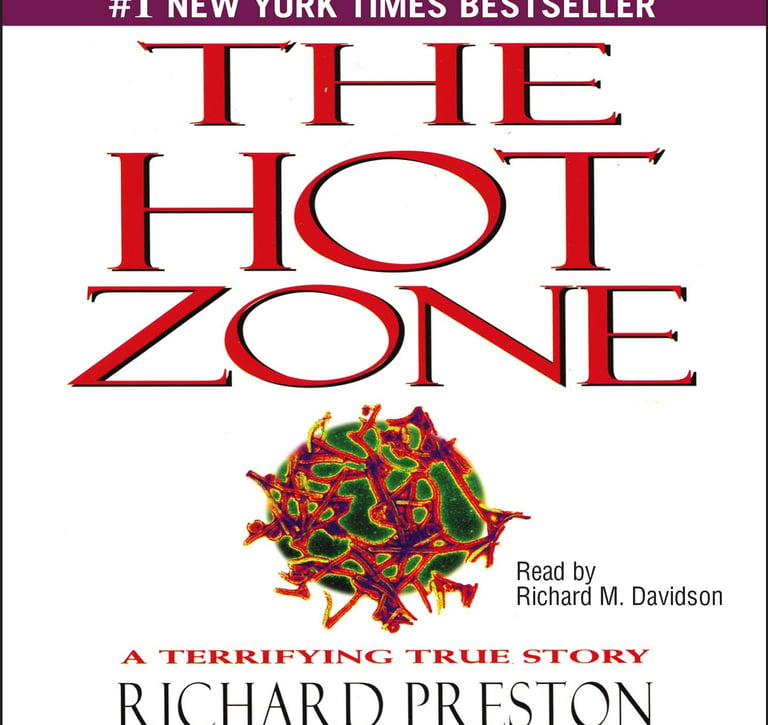

There are other books I also enjoyed, like Elon Musk’s autobiography, but not as much as these. Currently reading “Darwin’s Black Box” by Michael Behe and”Origin” by Dan Brown that I won’t finish by the end of the year, so I’ll definitely review later. Next year though, I want to read more widely and possibly try a couple fictional classics. Suggestions are always welcome!
What book(s) did you enjoy reading this year?